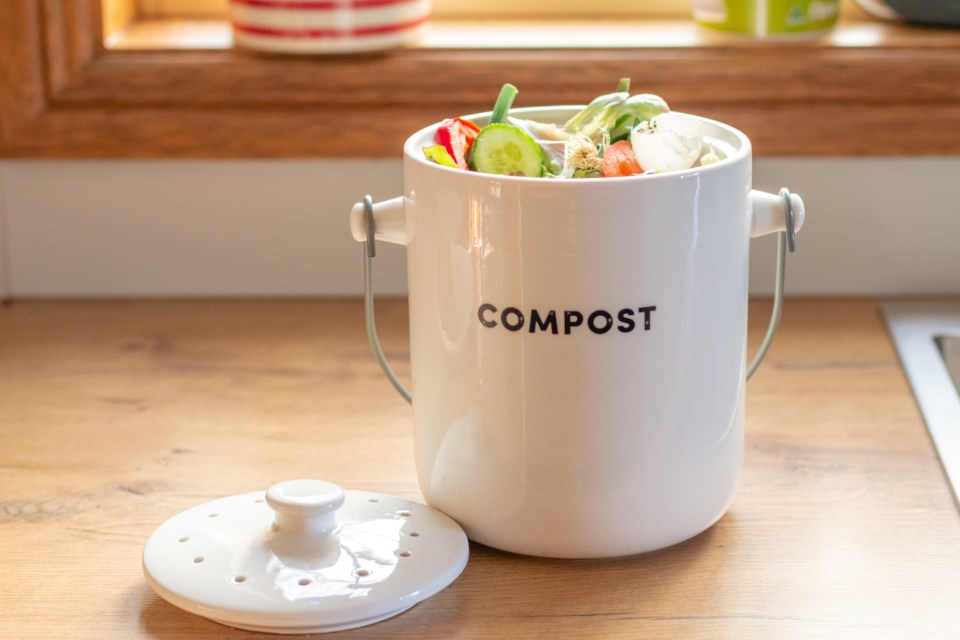Boulder County commissioners will consider making it easier for farmers to compost as soon as August.
Following a public input period that closes Tuesday and two community meetings, the Boulder County Planning Commission will take up composting incidental to farming on June 21. If approved, the topic is expected to go before Boulder County commissioners sometime in August.
The regulations being considered only impact agricultural and residential composting, not industrial composting. It also would only change in unincorporated Boulder County.
During a community meeting on Thursday, Long Range Planner Andrea Vaughn explained that the county had three goals in mind when developing these regulations: to reduce barriers to composting as a regenerative agricultural practice, close the loop on the circular economy and develop clearer overall language.
Currently, Boulder County composting regulations mostly touch on large-scale, industrial composting and limit farm and backyard composting. Vaughn said the county has been hearing the need from the county to expand access to composting while balancing that with concerns over environmental and human health.
“We were really focused on responding to what we heard about the need for materials collection and sales, which has really been the primary focus here,” said Hannah Hippely, long range planning manager for the county.
As proposed, the code changes would make composting an accessory use by right where agriculture is a use by right at a property. This would allow farmers to collect food waste from the general public — something they currently cannot do — and allow them to sell small quantities.
“This is intended to allow farmers to collect directly from individuals,” Vaughn said. “It is not intended to allow waste companies to start using farm sites as a dump site.”
State and federal regulations already exist for this type of composting, and the updated language makes clear that composters would still need to get state and federal permitting for their operations.
As for backyard composting, the code change would make it an allowed use for residential properties up to 5 cubic yards and the compost could not be sold from the site. Vaughn said the county felt this would meet the composting needs of an average household.
Public testimony can be provided to the planning commission at the June 21 hearing or to staff prior to the meeting.



